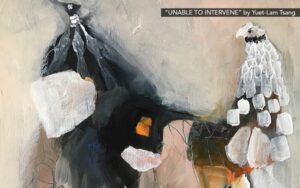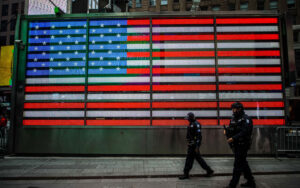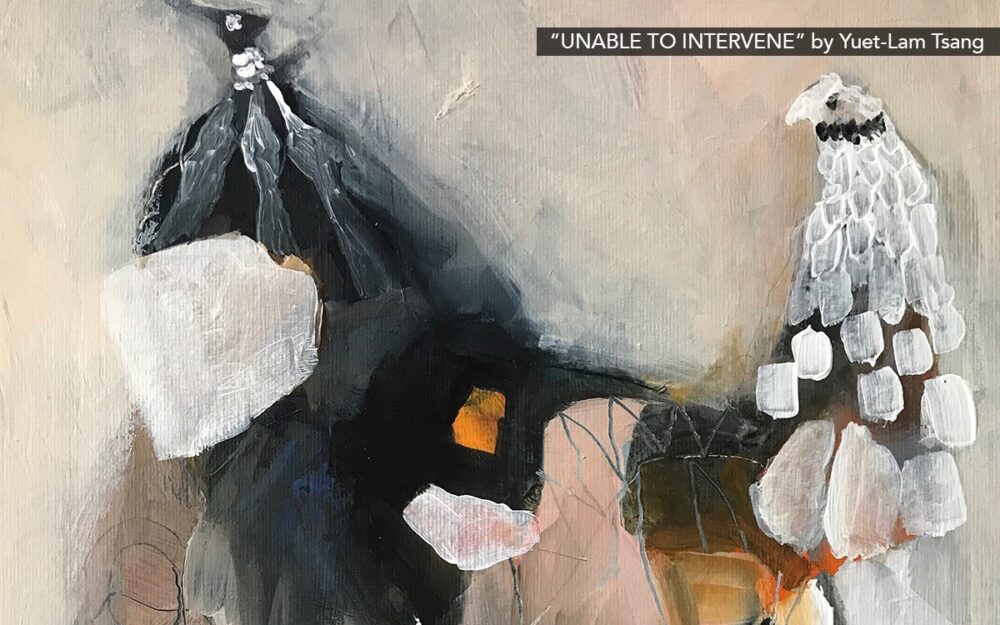December 7, 2015; New York Times
Last week, NPQ reported on the developing situation in Chicago after Mayor Rahm Emanuel fired police superintendent Garry McCarthy for his handling of the Laquan McDonald shooting last year as well as the continued ethical and moral deterioration of the Chicago police department under his leadership. Amid accusations of a cover-up extending from the police officers involved in the shooting to the State’s Attorney and Emanuel himself, the Department of Justice announced yesterday that it would open a federal investigation into the police department’s practices.
This investigation in Chicago, coming after similar investigations in Baltimore, Maryland and Ferguson, Missouri, will focus on the police department’s use of force, how officers are held accountable and how the department tracks and handles such incidents. “What we are looking at is whether or not the police department has engaged in unconstitutional policing,” said U.S. Attorney General Loretta Lynch in an announcement on Monday.
Lynch has said she was asked by activists and officials, including Illinois Attorney General Lisa Madigan, to launch the investigation, particularly after the release of the video of McDonald’s shooting, which gave more credence and weight to the suspicions of a cover-up. Police reports that were released over the weekend (hosted on the website of the Chicago Tribune) indicate several officers at the scene give accounts that differ from the video.
Sign up for our free newsletters
Subscribe to NPQ's newsletters to have our top stories delivered directly to your inbox.
By signing up, you agree to our privacy policy and terms of use, and to receive messages from NPQ and our partners.
The backlash since the release of the video has been swift. “No person, no sane human being who’s lived in this city, no sane human being, looks at this situation and thinks there weren’t people who knew a lot and refused to divulge it,” said Mariame Kaba, part of the Chicago-based activist group We Charge Genocide. “That, to me, is a cover-up.”
Since the announcement of the investigation, Emanuel has been open to the decision, despite the calls for him to resign and the allegations he was involved in the cover-up. “Nothing is more important to me than the safety and well-being of our residents and ensuring that the men and women of our Police Department have the tools, resources and training they need to be effective crime fighters, stay safe, and build community trust,” said Emanuel in a statement on Monday.
Lynch noted in her announcement on Monday that that failing to address this potential misconduct would have “profound consequences for the well-being of…communities.” Indeed, Chicago would be hard pressed to find anyone who believes community trust still exists with the police with the release of these reports. It’s not only that some officers do not follow the moral and ethical codes of their departments; the culture within those departments is likely cultivating this behavior among officers.
Activists, officials, and concerned individuals have certainly achieved a victory with the public release of these documents and the corresponding investigation, but there is much work to be done in Chicago. For many, McDonald’s shooting just confirms suspicions about the force, but for others it will color any further interactions they have with the police. In particular, Chicago is contending with the release of another dashboard video—this one of Ronald Johnson’s shooting death over a year ago. Prosecutors have said charges will not be filed, though his family asserts another cover-up is at work.—Shafaq Hasan













